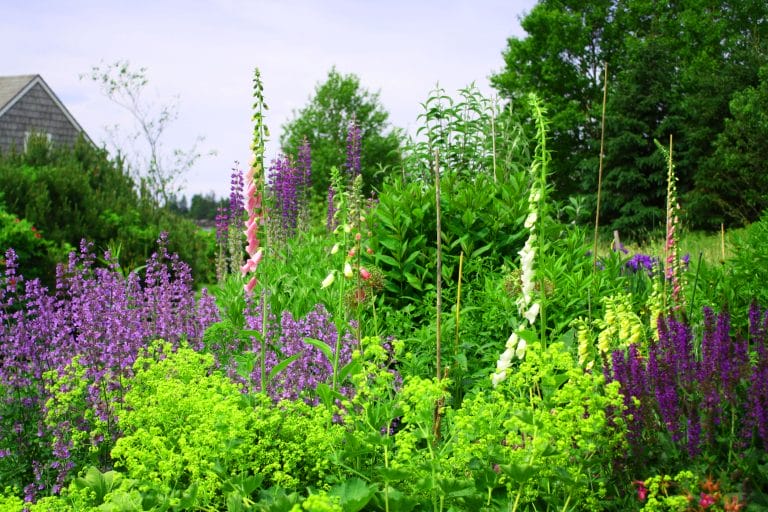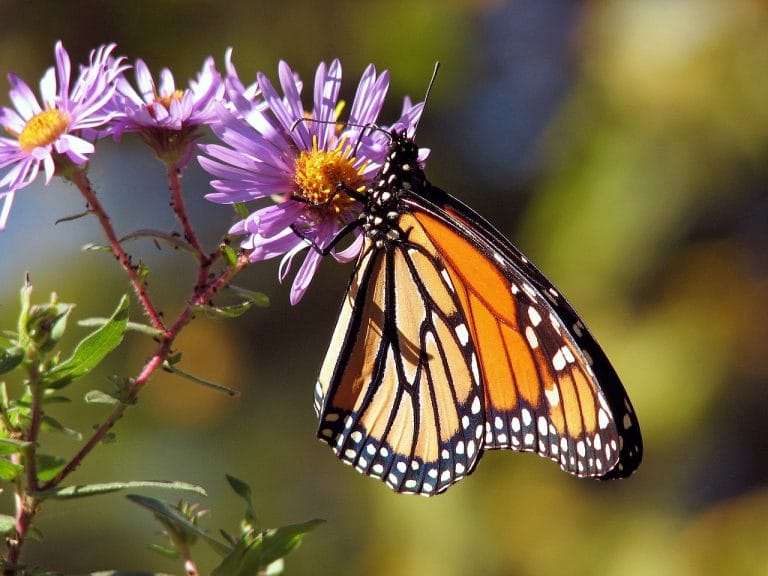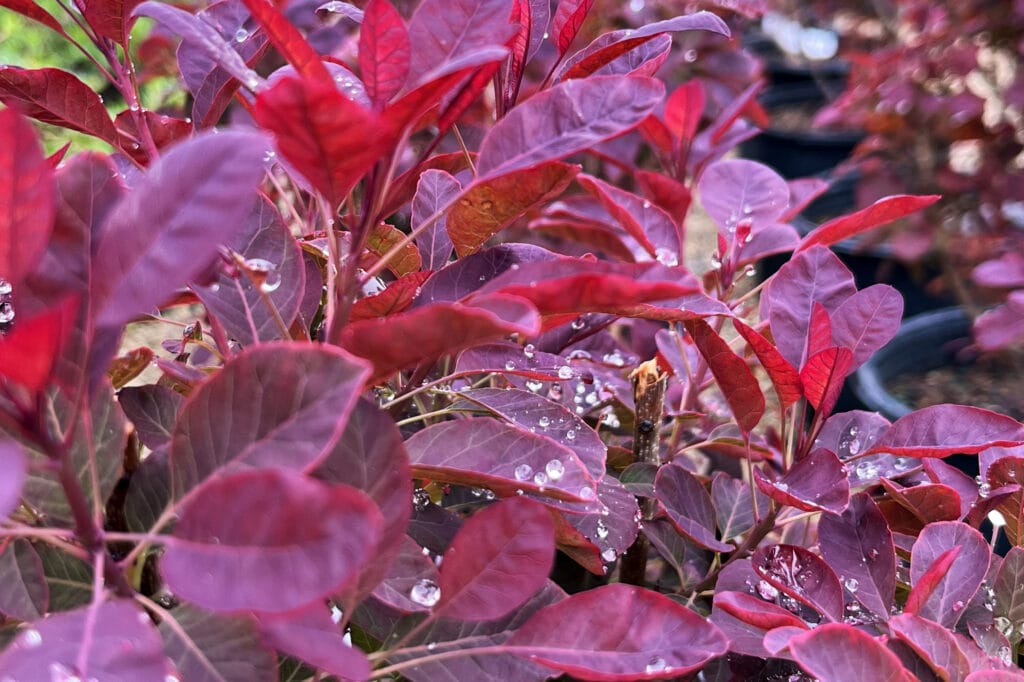There is nothing worse than planting a brand new shrub that you’re excited to see grow, only to
wake up another day to see that a deer has eaten the shrub down to the roots. With some
shrubs, it may be difficult to prevent pests, but by selecting plantings specifically for their deer
resistant properties, you can avoid the disappointment of much munched on landscaping. Try
the following shrubs for deer resistance:
Barberry
As you may guess, the texture of barberry is really what will keep deer from eating the shrub.
Barberries are a small shrub with tiny flowers, leaves and thorns. If an unlucky deer was to
attempt to eat a barberry, the animal would get a mouthful of reasonably sharp, prickly stems.
An unpleasant experience, deer know to stay away from these shrubs.
Boxwood
Walking through your neighborhood, or going on a drive around town, you’ll be sure to notice a
good amount of boxwoods. Boxwoods make for excellent hedges. A few planted individually in a
row will grow into a single hedge when pruned and maintained correctly. Individually, a boxwood
can make for a great centerpiece in a perennial bed. Their versatility gives them a range of
uses, and since they are evergreen, boxwoods will stay green through the winter.
Forsythia
Noted for their early spring blooms of prolific yellow flowers, forsythia shrubs are a medium
sized shrub that can be incorporated into a slightly wooded area, filling in space underneath a
canopy of trees, or used to border your landscape. Forsythia provides very little food value to
deer, and as such are avoided.
Juniper
These shrubs are fantastic for their deer resistant properties. The fragrant evergreen smell,
rough texture and bitter taste of junipers make for an unsatisfying meal for deer, which is why
they are avoided by the animals. Junipers are evergreen, so you’ll be adding year-round color to
your landscape while also creating pest resistance.
Lilac
Lilacs are a beautiful shrub noted for their springtime purple, lavender and white blooms and
decadent scent. While lilacs have a delectable smell to humans, similar to junipers, just the
presence of a strong smell is enough to keep deer away. Lilacs provide a win-win, keeping deer
away from the perimeter where they are planted and providing a fresh scent.
Smoke bush
While not an evergreen, nor intensely fragrant like a lilac, smoke bush are still deer resistant for
similar reasons. When smoke bush’s wooden stems are broken, they have a fresh lemon-lime
smell. While an invigorating scent for people, the scent is enough to keep deer away after one
bite.
Witch-hazel
A beautiful medium to large sized shrub, witch-hazel is perfect for the perimeter of your yard, or
as a standalone shrub among a larger bed of perennial and annual flowers. Witch-hazel is deer
resistant because of the citrusy smell emitted from their flowers, as well as having little food
value for deer.
Some indicators that suggest that a plant or shrub will have deer resistant properties are:
fragrance, texture and taste. Most shrubs that give off an aromatic fragrance will have some
deer resistant properties because of deer’s aversion to detectable smells. Texture is a more
obvious tell, as if a plant is uncomfortable to eat, deer will stay away. Taste is a less obvious
factor in deer resistance, but an evergreen like juniper will likely hold its own against deer.
These aren’t always 100% accurate, as a deer will become less picky if there is absolutely
nothing else around to eat, but keeping within normalcy, deer should stay away from these
shrubs.
Whispering Hills Garden and Landscape Center is a full service landscape center and nursery
located in Cary, Illinois. Give us a call or stop in today to see our full selection





